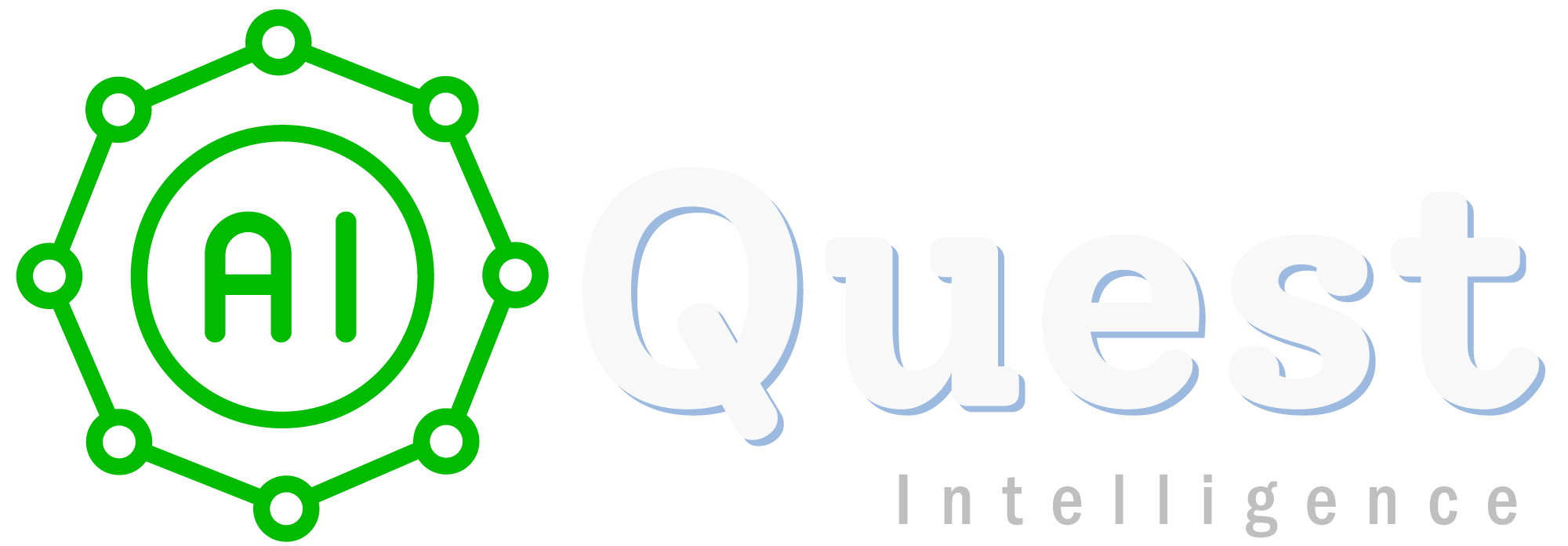In the digital age, it’s natural to compare the human brain to a computer. After all, both store and retrieve information. But does the brain, like a computer, run out of memory space when overloaded? Surprisingly, the answer is no — at least, not in the way computers do.
Computers have a fixed storage capacity, measured in gigabytes or terabytes. Once this limit is reached, no more data can be saved without deleting existing files. The human brain, however, works differently. While it also stores information, it doesn’t operate on a strict capacity model. In fact, the brain is remarkably flexible and adaptive.
Rather than filling up, the brain strengthens neural connections as new information is learned. It organizes and associates new memories with existing knowledge, creating a network of understanding that grows more efficient over time. Interestingly, learning more can actually make it easier to learn even more — because new information is linked to what you already know.
While short-term (or working) memory does have limits — we can only hold a few items at once — long-term memory appears to have an enormous, possibly limitless, capacity. There’s no clear evidence that the brain ever truly “fills up.” Forgetting may occur, but that’s more about retrieval or relevance than storage running out.
In essence, the brain is less like a hard drive and more like a self-expanding library. The more you learn, the more space and connections it creates. So, don’t worry about overloading your brain — it’s designed to grow with you.
Follow: Rashedul Alam
.
